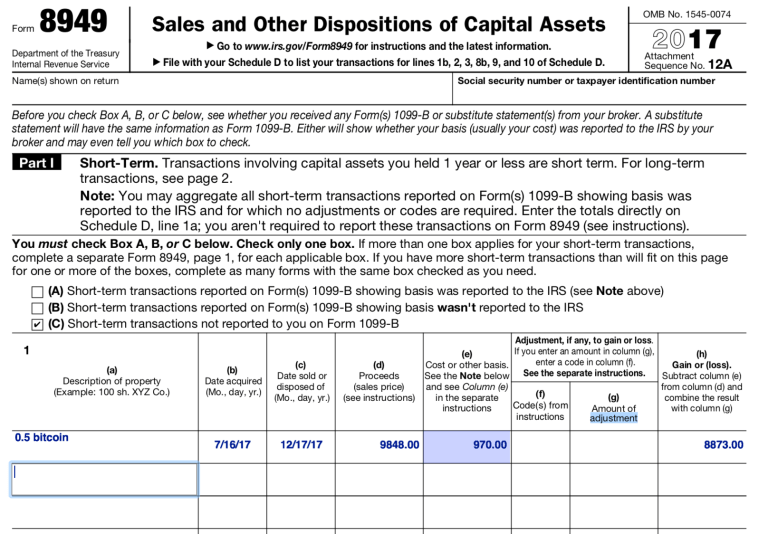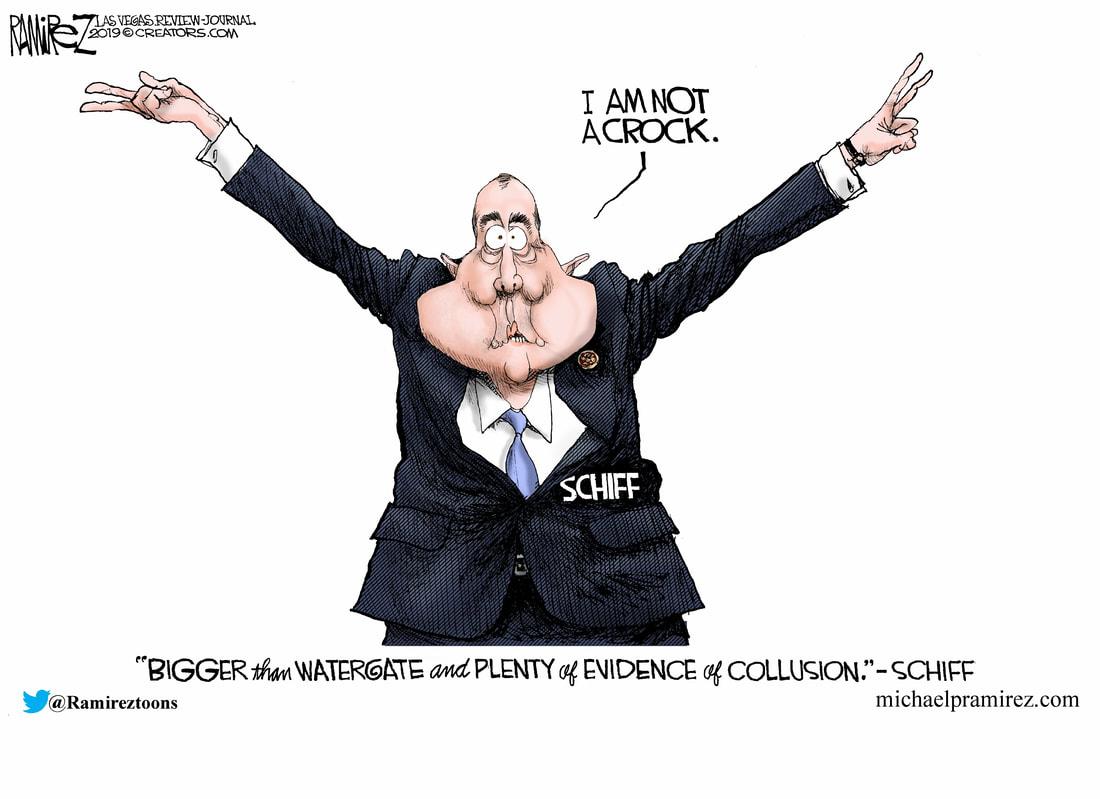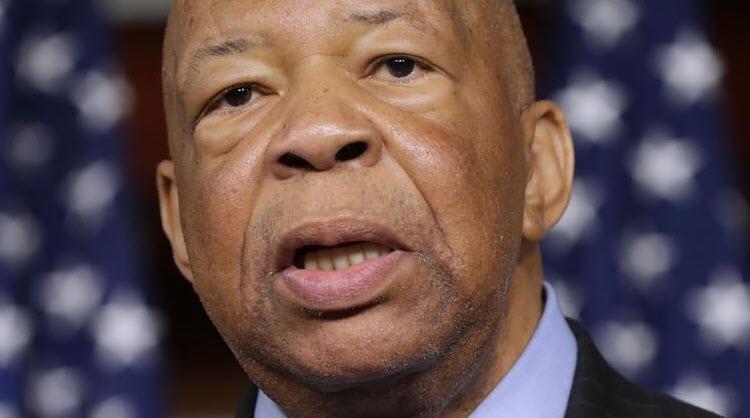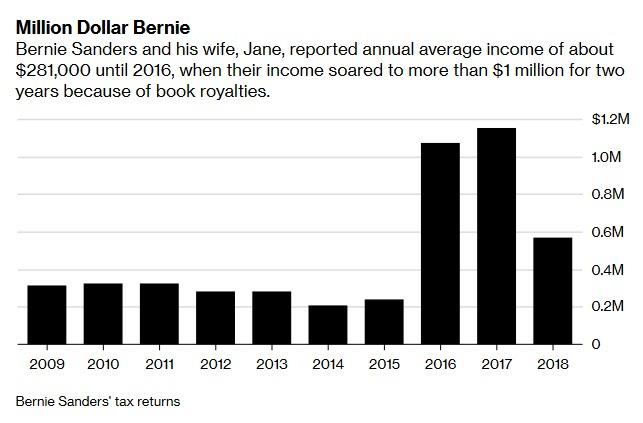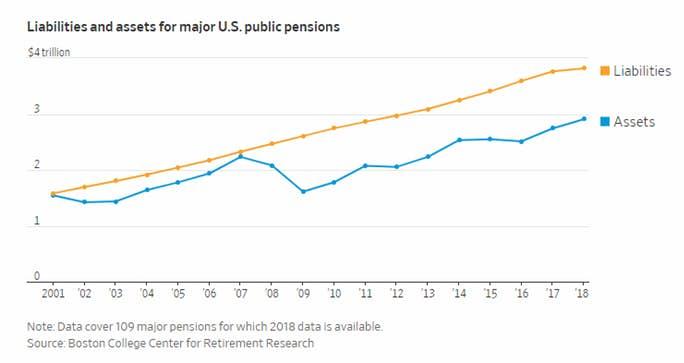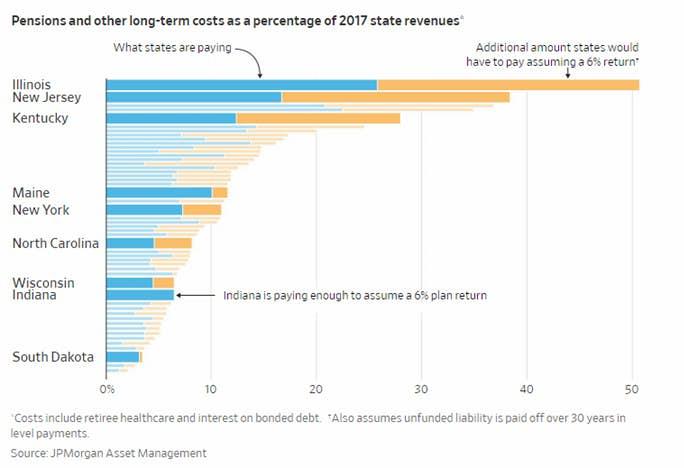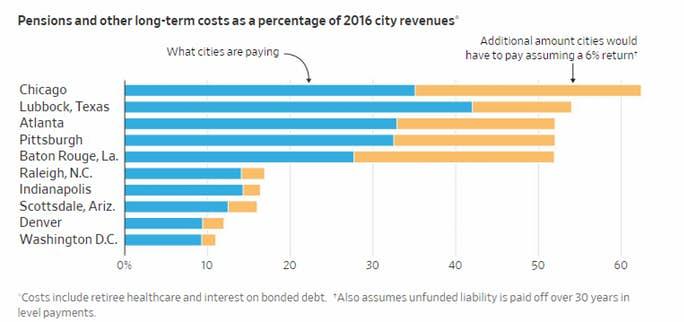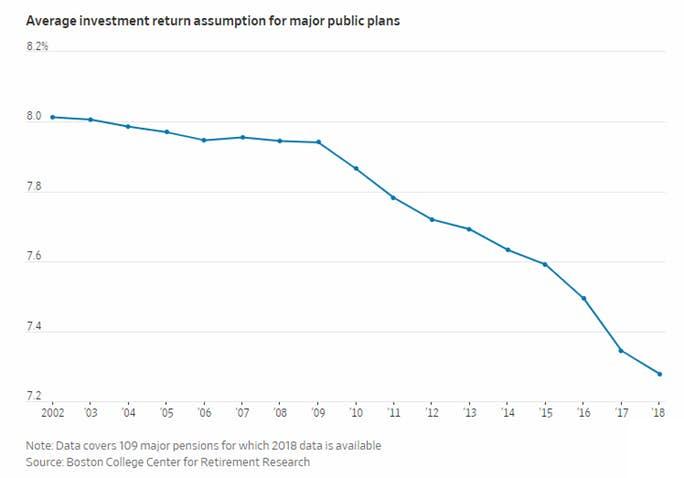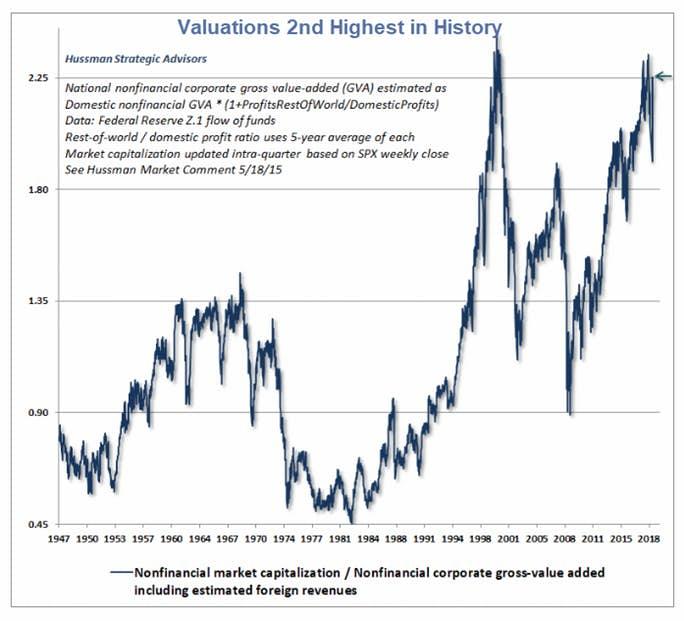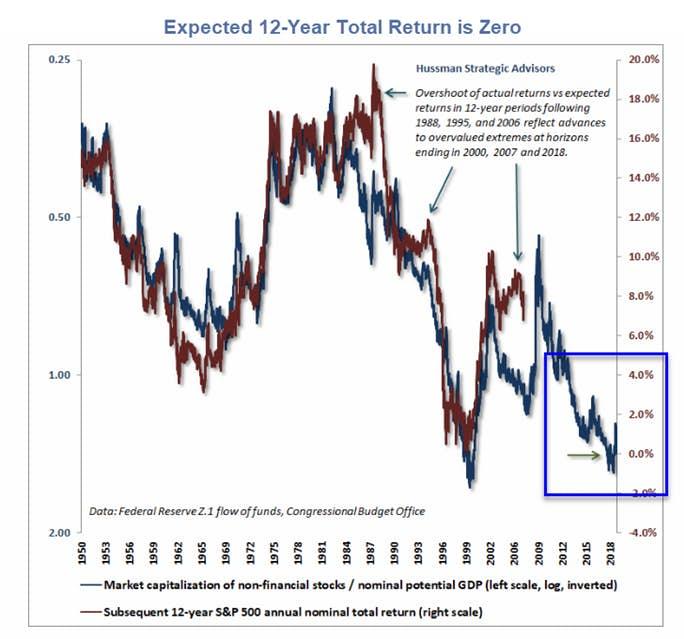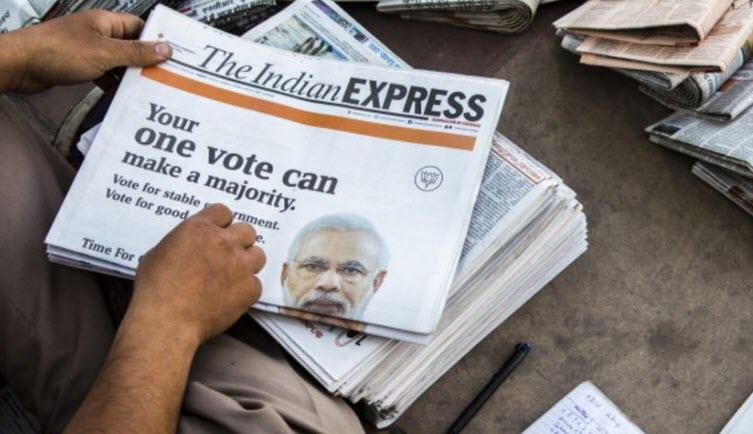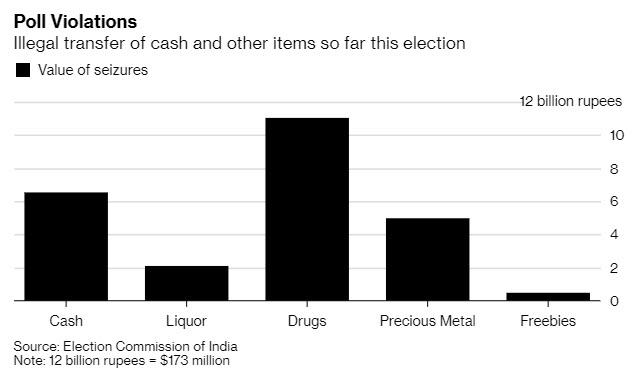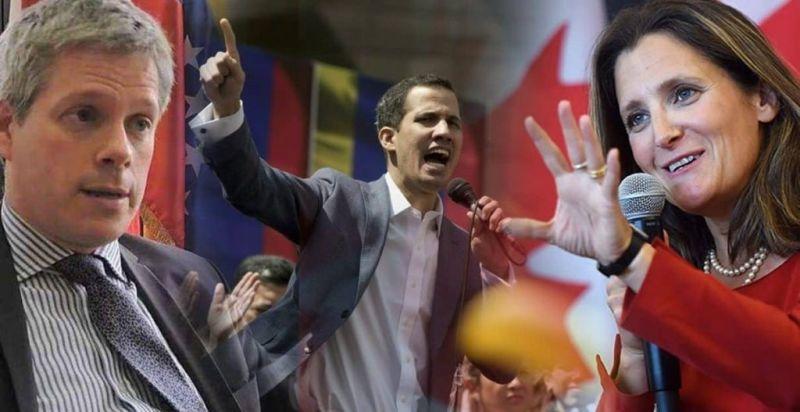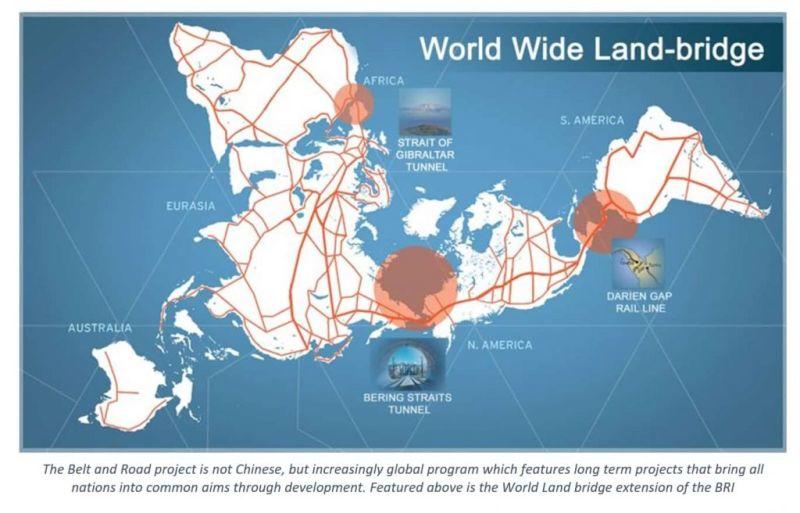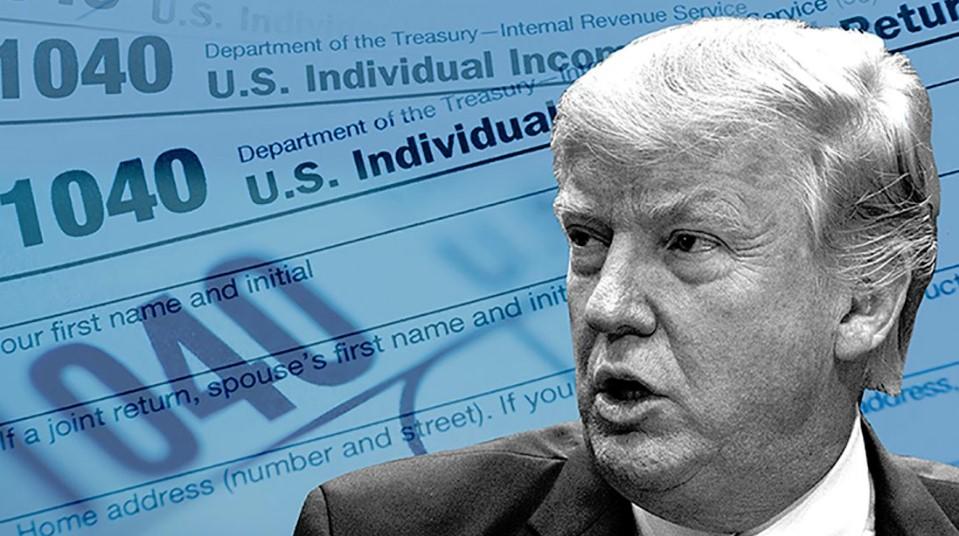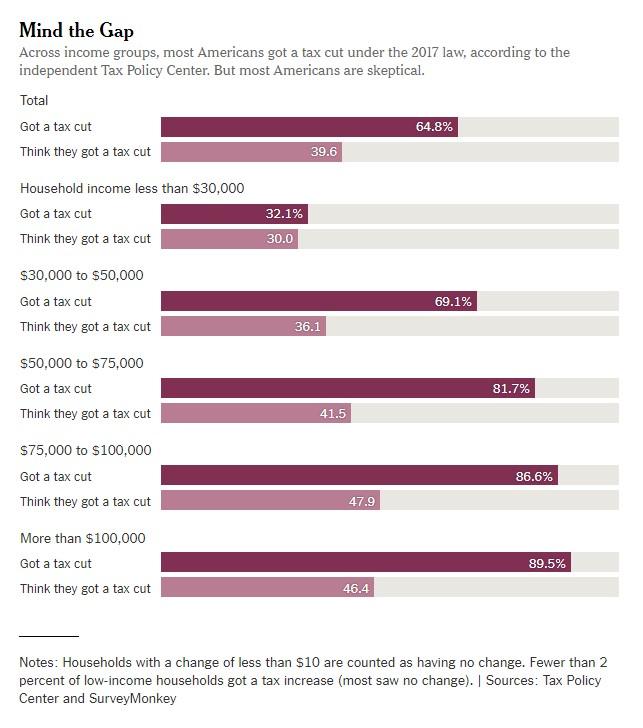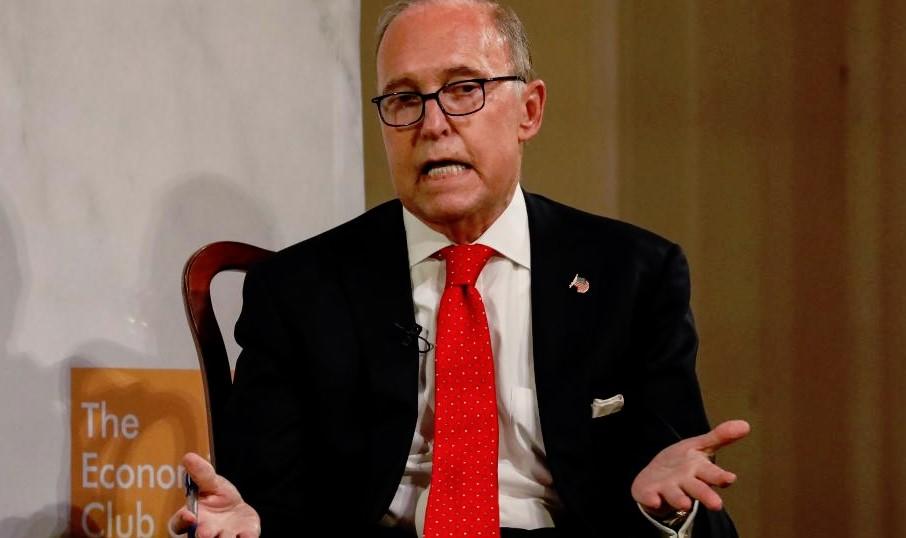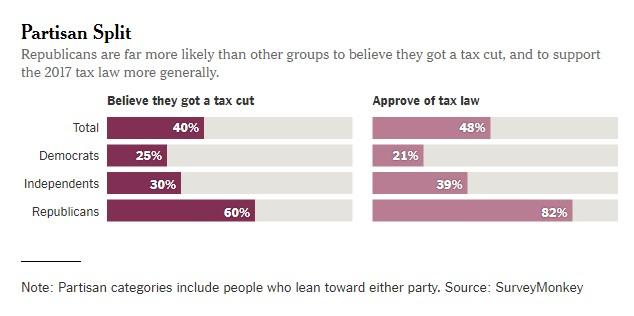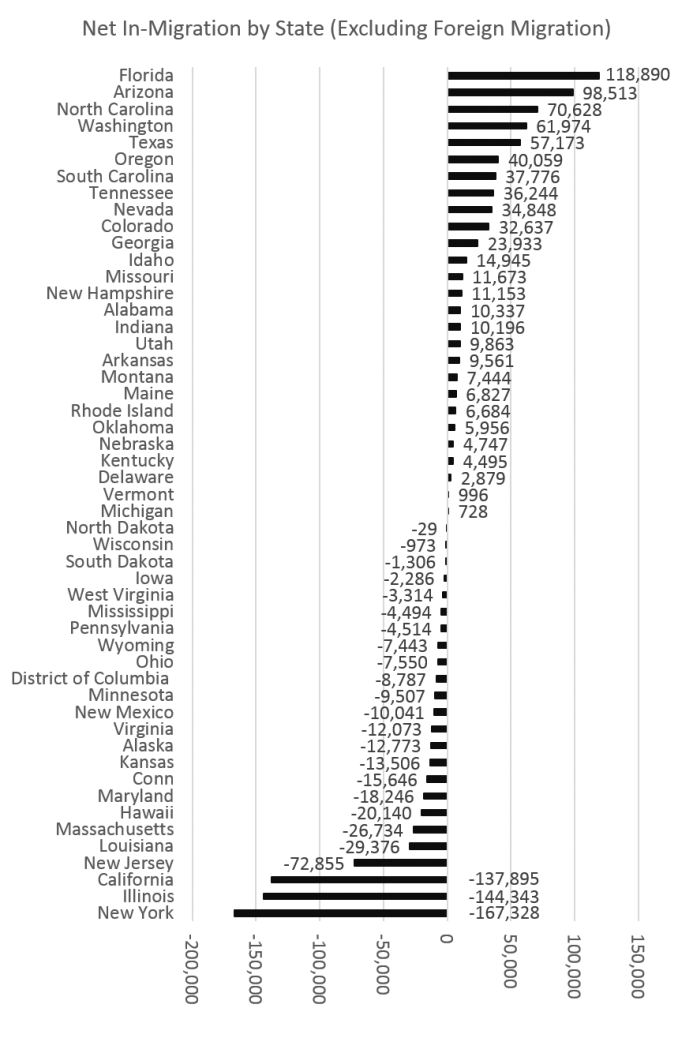Authored by Peter van Buren via TheAmericanConservative.com,
“Most everything that happened in Iraq and Afghanistan has gone un-investigated, unheard of, or unpunished. Ancient History…”
I recently spoke to some college students who, I realized, were in fifth grade when I got on a plane to Iraq. They now study that stuff in history classes like “Opportunities and Errors: 21st-Century America in the Middle East.” About halfway through our conversation, I realized it’s coming up on 10 years since I first went to Iraq. Now that’s real history.
I was a Foreign Service Officer then, a diplomat, embedded with the U.S. Army at a series of forward operating bases and in charge of a couple of reconstruction teams, small parts of a complex failure to rebuild the Iraq we wrecked. I ended up writing a book about it all, explaining in tragicomic terms how we failed (those “Errors”).
The book, We Meant Well: How I Helped Lose the Battle for the Hearts and Minds of the Iraqi People was—and wasn’t—well-received. People laughed at the funny parts, but my message—it didn’t work and here’s why—was largely dissipated at the time (2012) by government and media propaganda centered on The Surge. That was David Petraeus’s plan to pacify the Sunnis and push al-Qaeda away, while clearing, holding, and building across the country, apparently to make room so ISIS and the Iranians could move in.
Meanwhile, the new American president, elected in part based on his “no” vote on the war in 2003, proclaimed it all a victory and started bringing the troops home even while I was still in Iraq. Meanwhile my employer, the U.S. Department of State, was unhappy with my book. After a year-long process, State pushed me into early retirement. My career was history.
Iraq wrecked me, even though I somehow didn’t expect it to. I was foolish to think that traveling to the other side of the world and spending a year seeing death and poverty, bearing witness to a war, learning how to be mortared at night and deciding it didn’t matter that I might die before breakfast, wasn’t going to change me. Of the military units I was embedded in, three soldiers did not come home; all died at their own hands. Around us, Iraqis blew themselves up alongside children. Everyone was a potential killer and a potential target. I did this at age 49, on antidepressants and with a good family waiting back home. I cannot imagine what it would have done to 18-year-old me. And I had it easier than most, and much easier than many.
People asked in line at Trader Joe’s and in interviews on semi-important TV shows, “Was it all worth it to you?” I always answered yes. I’m not important, I said, but the story is. And now we’re making the same mistakes in Afghanistan. The only way to even start to justify it was to think there might be some meaning behind it all. It didn’t do anything for me but fill my soul with vodka but maybe somehow it…helped?
See, my book wasn’t aimed at cataloging the failures in Iraq per se, but in trying to make sure we didn’t do the same thing in Afghanistan. The initial title wasn’t We Meant Well, but Lessons for Afghanistan from the Reconstruction of Iraq. The early drafts were pretentious scholarly stuff, outlining our mistakes. Harvard Business School-like case studies. Maps. Footnotes. It would have sold maybe five copies, and so my editors encouraged me to add more funny parts. NPR’s Fresh Airactually added a laugh track to my interview. I figured I’d get the lessons across with humor more effectively anyway. In such situations, you have to think that way. You can’t believe that what you went through didn’t matter and keep getting out of bed every morning.
I now know officially that it did not matter. It was pointless. SIGAR shows I accomplished nothing.
SIGAR is the Special Inspector General for Afghan Reconstruction, a government oversight body that is supposed to prevent waste, fraud, and mismanagement of the billions of dollars being spent rebuilding Afghanistan but that has its hands full just keeping a CVS receipt-length history of what’s wrong. Sound familiar?
SIGAR just released its “2019 High-Risk List,” which points out especially egregious things that will follow in the wake of any peace agreement in Afghanistan. Here are some quoted highlights:
-
“There are over 300,000 Afghans currently serving in the security forces, most of whom are armed. If, because of a loss of financial support, their paychecks were to stop coming, this could pose a serious threat to Afghanistan’s stability.”
-
“A failure to peacefully reintegrate as many as 60,000 heavily armed Taliban long-term would threaten any peace agreement as disaffected former Taliban who may have been expecting a peace dividend may return to violent and predatory behavior.”
-
“Effective policing will require a force that gives citizens the presumption of innocence, rather than anticipating and taking preemptive offensive operations against perceived threats…. There is no comprehensive strategy for a competent civil police force backed by the rule of law.”
-
“Failure to effectively address systemic corruption means U.S. reconstruction programs, at best, will continue to be subverted and, at worst, will fail.”
-
“The opium trade plays a significant role in the Afghan economy and it is difficult to see how a peace accord between the Afghan government and the insurgency would translate into the collapse or contraction of the illicit drug trade.”
-
“If the U.S. reduces its presence in Afghanistan but feels compelled to provide significant financial support for reconstruction, there may be little choice but to provide a greater proportion of funding as on-budget assistance. But if that road is taken and conditions are lacking, we may as well set the cash ablaze on the streets of Kabul for all the good it will do.”
That last line really got me. In my book, I’d written, “While a lot of the money was spent in big bites at high levels through the Embassy, or possibly just thrown into the river when no one could find a match to set it on fire….” Had SIGAR read what I’d written? Or was the joke just so obvious that we’d both come to the same punchline 10 years and two countries apart?
Word for word as in Iraq, and after over 17 years of American effort, the U.S. has failed to establish a viable government in Afghanistan, eliminate the local insurgents/patriots/residents, establish a civil society, tamp down corruption, and ensure some sort of national defense. Afghanistan has almost no chance of survival except as a Taliban narcoland with financial support needed indefinitely to avoid whatever “worse” would be in that calculus.
But there still are semi-believers. One former State Department colleague is on her fourth assignment in Kabul, roughly half her career. Her job is to liaise with the few NATO officials still hanging around. She says it’s easy work; they’ve known each other for years. She’s heard we’re making progress.
Around the same time as the SIGAR report, the Army War College released its history of the Iraqi Surge, a quagmire of dense prose that I’m only about halfway through, but so far no mention of the impact of reconstruction. The theme seems to be that the Army had some good ideas but the politicians got in the way. Fair enough, but they misspelled Vietnam as I-r-a-q all throughout.
The post-9/11 wars have metastasized across three presidencies so far. Pick the thing you detest most about Bush, Obama, and Trump, and complain about how it was never investigated enough and how there weren’t enough hearings. And then I’ll disagree, for most everything that happened and continues to happen in Iraq and Afghanistan has gone uninvestigated, unheard of, and unpunished. It’s ancient history.
We all want to believe that what we did, what we didn’t do, the moral injury, the PTSD, the fights with spouses, the kid at home we smacked too hard when she wouldn’t eat her green beans, all of what we saw and heard, mattered. You read that SIGAR report and tell me how. Because basically I’m history now.
via ZeroHedge News http://bit.ly/2VL54tX Tyler Durden







